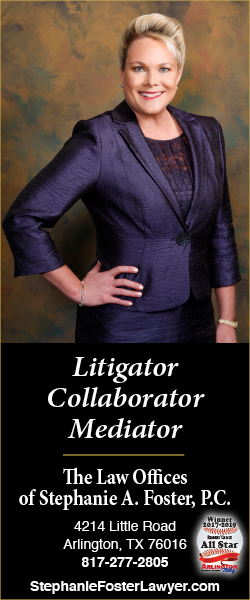
A New Hampshire friend sent me a most unusual Christmas gift – an original Sunday Boston Herald newspaper published on Aug. 19, 1923. I know you are wondering why. So was I when I first unwrapped the carefully packaged delivery from FedEx. On page two of the delicate and yellowed broadsheet from long ago, I saw the answer.
Headlines in the Herald, a multiple Pulitzer Prize-winning publication founded in 1846, read: “Flogging Outbreaks Rouse Texas to Send Out Rangers.”
My friend, a big Boston Red Sox fan, wondered if these were the same Texas Rangers who now played baseball in Arlington.
It’s likely the Herald’s editors believed their New England readers would be interested in a story about Texas, which many probably still saw as part of the unsettled wild West.
The next question I had about the gift was how my friend was in possession of a newspaper published so long before he was born. He discovered it, along with many others, lining the insides of the walls of the house he was remodeling. It had served and been preserved as insulation from the rigors of Northeastern winters across the years.
Since its arrival, I’ve been captivated by the stories of what was taking place in the political, social and daily lives of people in the 1920s. It’s a history lesson told in terms of daily news reports, and much of it is quite fascinating. The lead story on the front page told of President Calvin Coolidge’s determination to settle a serious labor battle between coal miners and operators of the country’s major source of energy.
Coolidge, who had become president just 10 days earlier following the death of Warren Harding, was assured by the chairman of the U. S. Coal Commission that, “It would be suicidal for either party to be responsible for the suspension of the industry,” and that he was certain that neither side would “commit such egregious folly.”
Across the page was news of the growing economic crisis in Germany and that country’s opposition to the American proposal to make the Rhineland a separate state. Years would pass before war broke out again, but conditions in Europe were already deteriorating – so much so that they would inevitably lead to such an outcome.
Another story told of an interview a reporter had with Henry Ford about rumors of his possible interest in running for president. Ford was passing through town with Thomas Edison, Harvey Firestone and their wives on their way to a vacation. The country’s surgeon general expressed grim concerns of Coolidge being over-worked and over exercised. He worried that such rigors could lead to serious health issues. “Too many men of my age (54) have dropped dead while playing golf. Tennis is dangerous for a man after he passes the age of 40.”
The newspaper was also full of advertising. Retailers were offering fancy lisle socks reduced to 45 cents, twill ties for 95 cents, flannel shirts for $1.35, shoes sold for $4.85, and entire suits with two pairs of trousers went for $23.25.
Over in women’s wear there was a big sale on fur coats to prepare for the coming winter. Seal coats with a large Skunk collar and cuffs could be had for $195, the Raccoon variety for $175, and the lowly Muskrat for only $95. Grocers were selling butter for 49 cents a pound, a dozen eggs for 48 cents, a half gallon of vinegar for 29 cents, six bars of ordinary soap for 29 cents – or, if you wanted the upscale Lifebuoy brand, the same six bars would set you back 38 cents, and a loaf of fresh baked bread went for 7 cents.
All models of automobiles were competing for your attention, starting with “The Hit of the Year” Overland Red Bird for $750 and moving up to the most expensive Phaeton Reo that cost twice as much.
Most of Boston’s many movie houses were offering double features. The Tremont featured air conditioning for those wanting to see George M. Cohan’s Comedians and The Rise of Rosie O’Reilly. Seats sold from 50 cents to $2.50 for the best location. The Loew’s State theater was showing The Eternal Struggle “A big and powerful drama of the great Canadian northwest,” and Hoot Gibson in “Blinky.”
A day’s stay at the majestic 800-room Savoy Hotel would cost one guest from $2.00 to $3.00 if you wanted a private bath. Two guests for those rooms would add 50 cents to the overnight bill. There was even a Hotel Arlington, bragging about its “Largest Hotel Marquee in the World” and offering 400 competitively priced rooms.
So, both Arlington and the Texas Rangers appeared (sort of) in this old Boston newspaper so full of so much more. I’m proud to call it my own and promise not to convert it again to any kind of insulation.
Richard Greene served as Arlington’s mayor from 1987-1997. He teaches in the University of Texas-Arlington graduate program in the college of Architecture, Planning and Public Affairs.
















